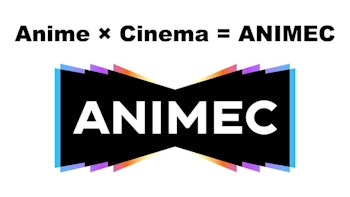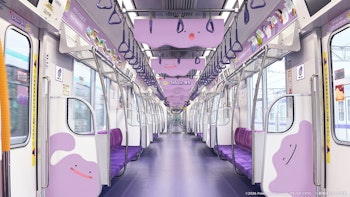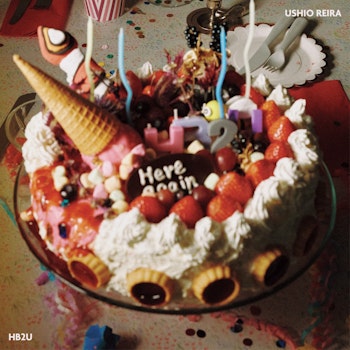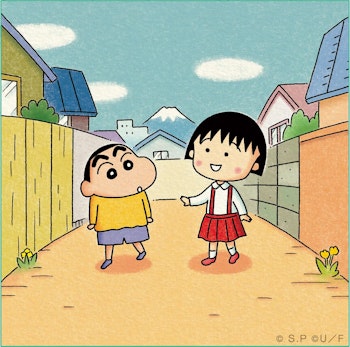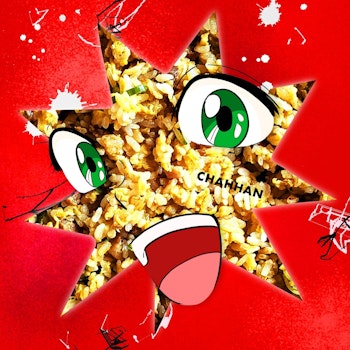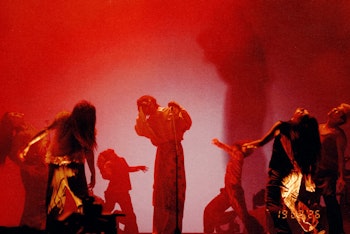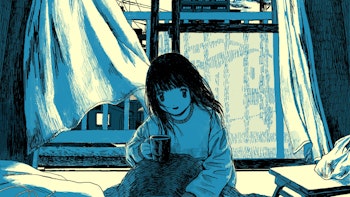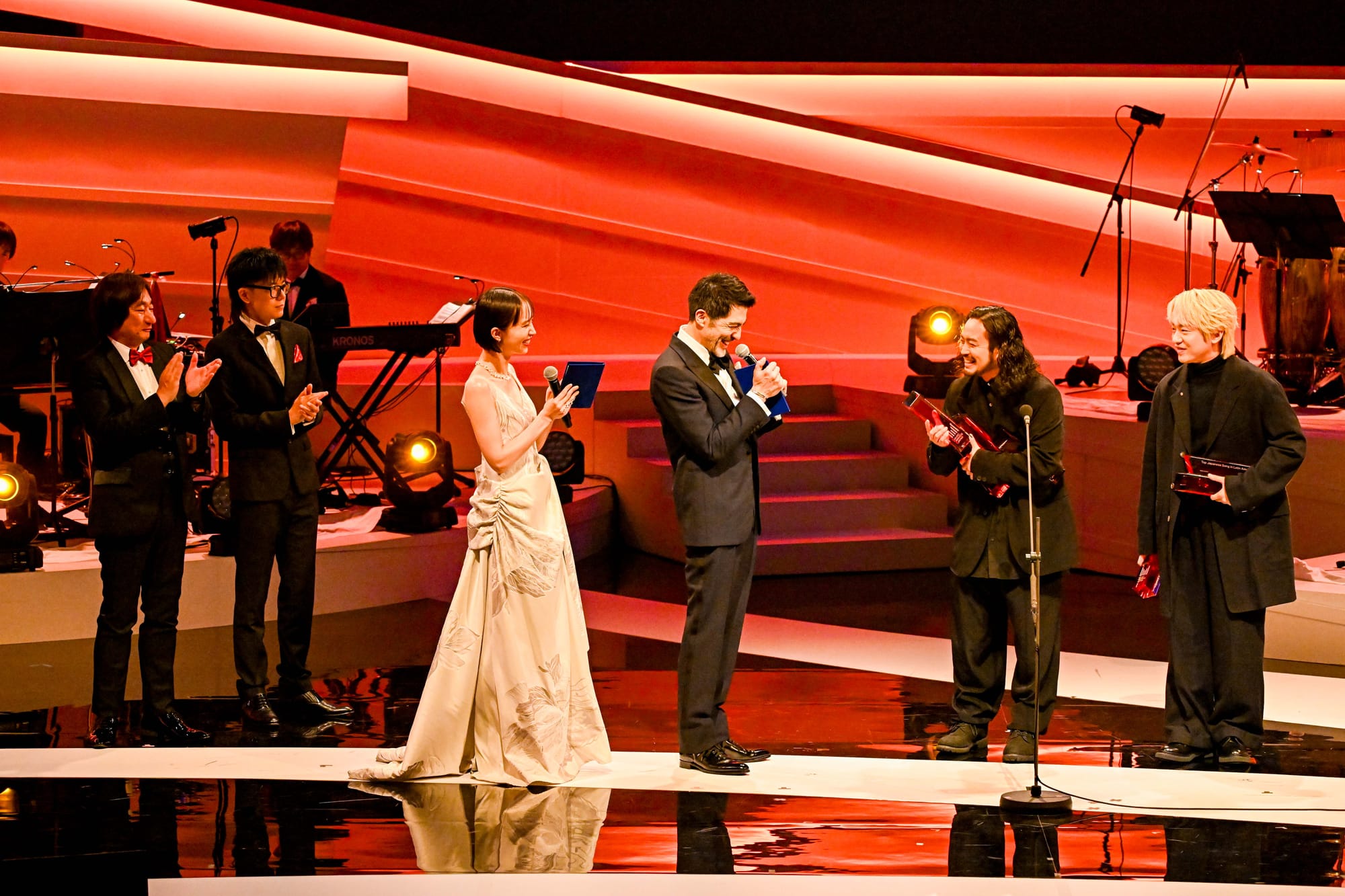
The first Music Awards Japan has come and gone, and as a music fan and someone who circles the industry in my side work it’s been a point of interest since its announcement. It marks one of the first steps by new organization CEIPA to help expand the Japanese music industry outside of its home country, offering a celebration of Japan’s musical talent as a means for people to quickly discover the best and brightest. At least that’s how it should have worked.
Don’t get me wrong, there was plenty done right with this inaugural show. From offering dedicated space for international songs that have become favorites in Japan, to honoring artists from other Asian countries amongst other things. And with some winners like tuki. taking home Best New Artist, or Number_i mobilizing their fanbase to take home the Spotify Listener’s Choice award there were some legitimate moments of surprise and honest deservingness in the results. That being said, there was also a lot that shook out which really left me scratching my head even if the justifications could be easily concluded.
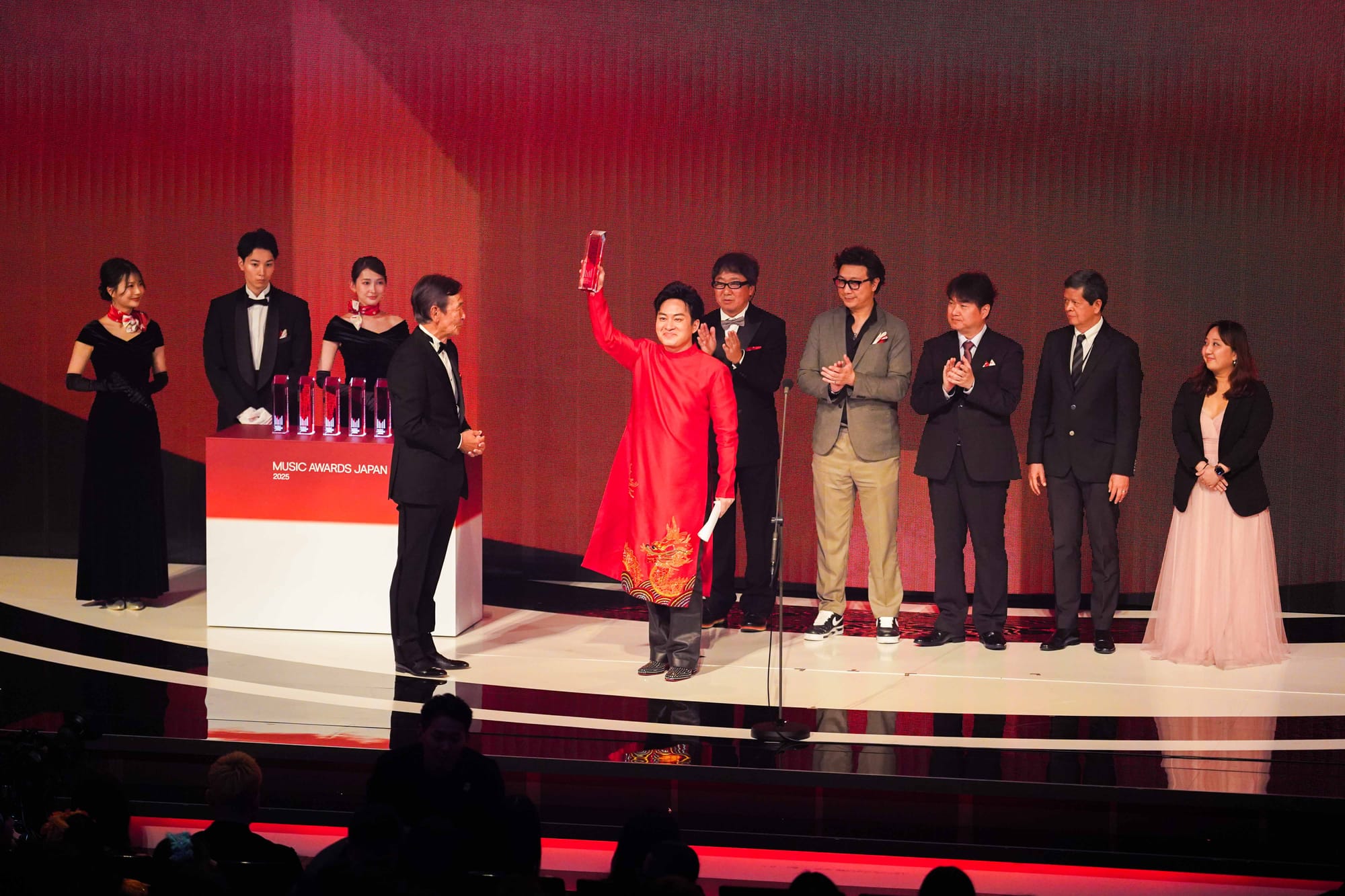
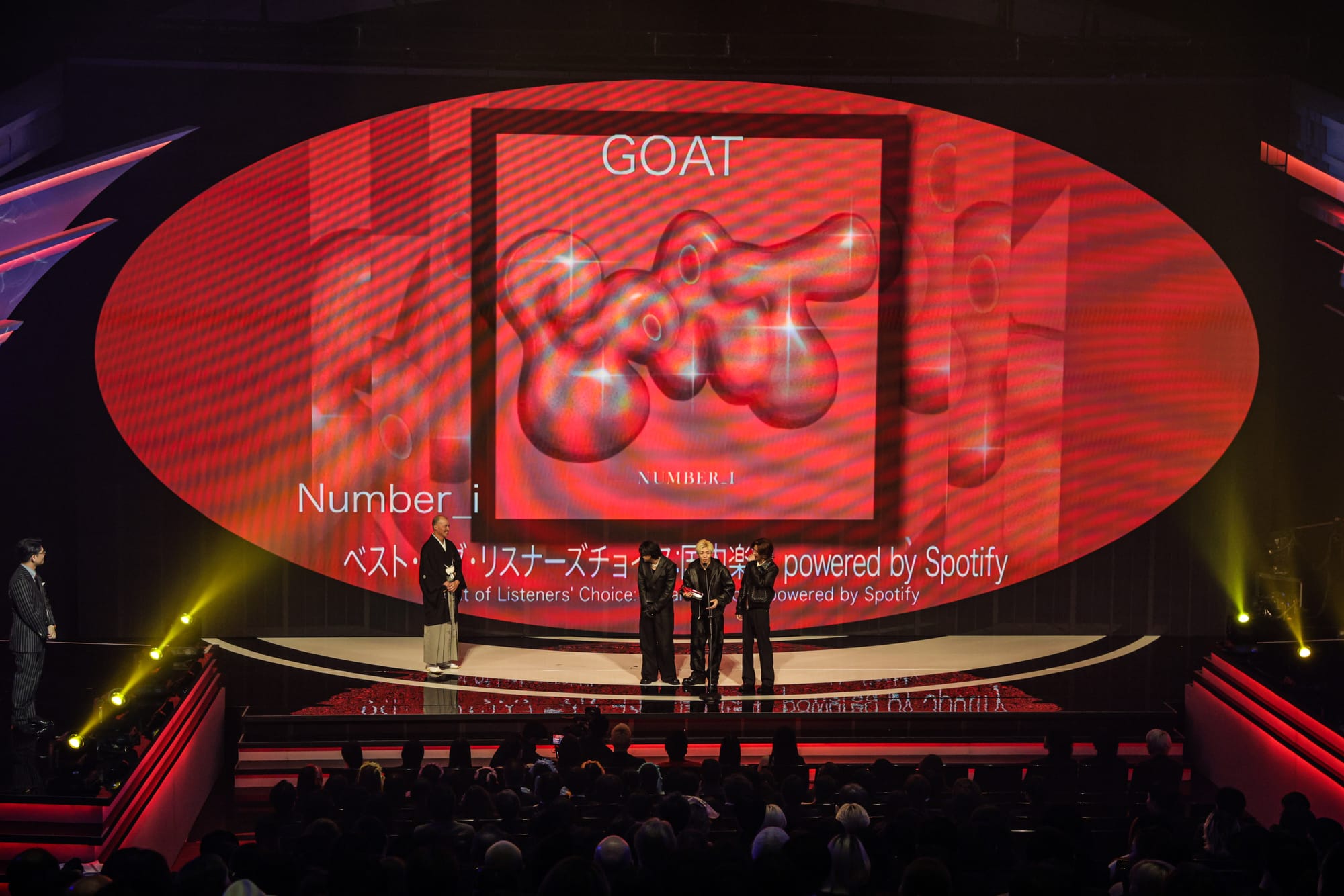
©CEIPA / MUSIC AWARDS JAPAN2025
The most glaring thing was how baffling many of the nominations for the awards themselves were, and the amount of information provided as to how they were selected doesn’t do much to actually justify them. Looking over the list of nominees one of the most immediate things that stood out was a number of decades old songs populating different categories. Sure, all of the songs in question are classics in their own right. But as an example, I can’t reconcile selecting Hikaru Utada’s “Automatic” as the winner of Best Japanese R&B/Contemporary song just because it appeared on a best-of compilation released in 2024, especially when they released the new song “Electricity” (performed as part of the main show) on the same album. I have absolutely no qualms with Utada winning the award, but the whole category was a mess with two 20+ year old Utada Songs, a 40+ year old Tatsuro Yamashita song, and 4 nominations for Fujii Kaze (some of which were years old as well) making up the bulk of it.
That’s not the only category where this kind of thing happened either. The Top Japanese Song in Europe and Latin America categories featured Teriyaki Boyz “Tokyo Drift” and Miki Matsubara’s “Mayonaka no Door (Stay with Me)” respectively. Best Japanese Hip-Hop/Rap Song included Kenji Ozawa and Scha Dara Parr’s 30 year old track “Konya wa Boogie Back” while the late Nujabes’ 20 year old “Aruarian Dance” won best instrumental. Several categories along the whole show included more recent songs that were released prior to 2024, and even Album of the Year was won by Fujii Kaze’s 2022 release Love All Serve All. The end result feels incredibly disjointed and ultimately just comes off like everything was selected based on recognizability and not solely on merit with no regard to when it was released.
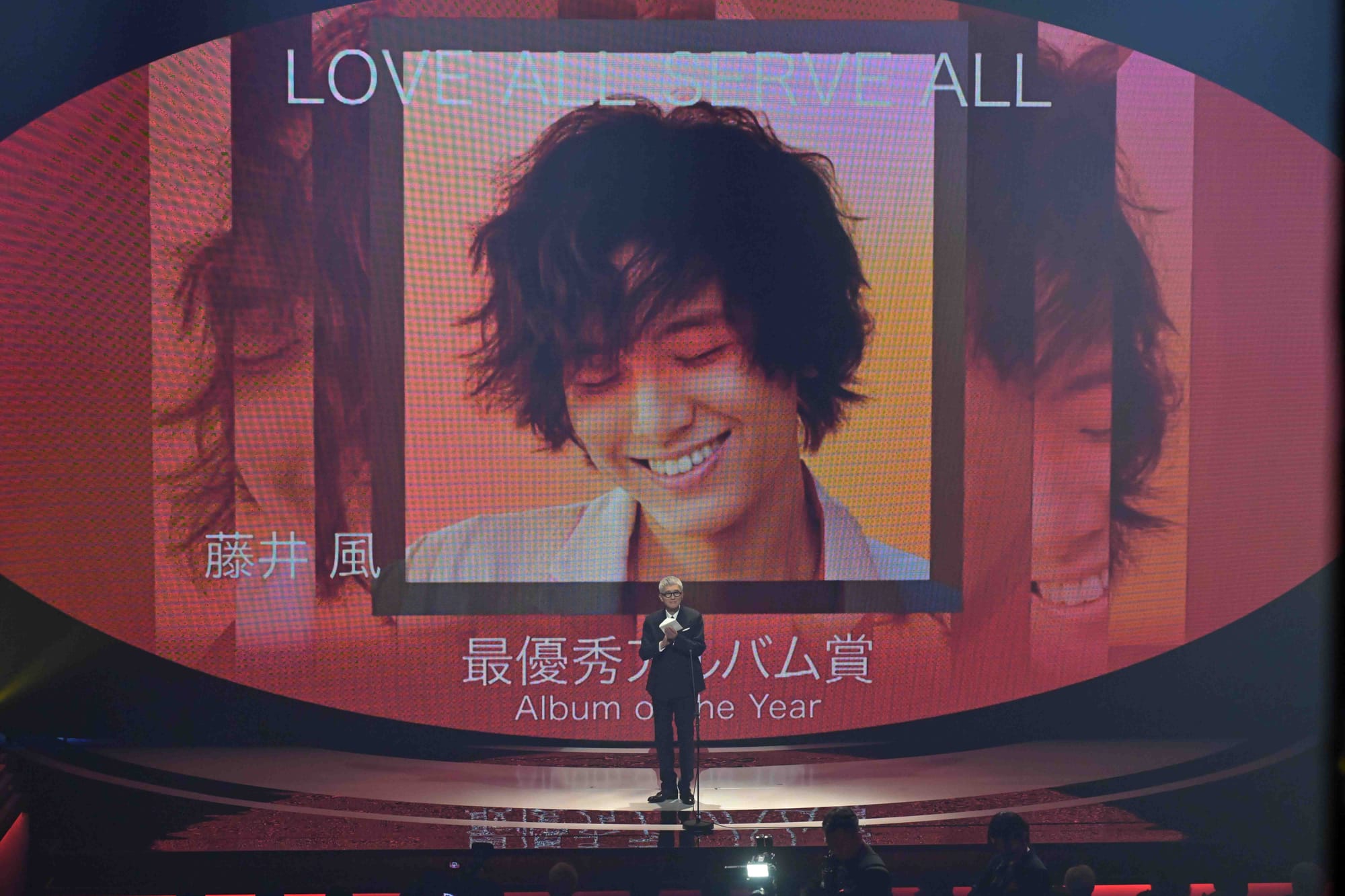
This is likely due to the fact that the base nominee pool was selected using data metrics pulled from places like Oricon, Billboard, JASRAC, etc. Those data-driven selections were then whittled down by a panel of unnamed figures from within the music industry. When you consider that the same small group of artists and songs (again, some several years old) made up so many of the nominations it just feels like more of a popularity contest than even other award shows typically do. The selection logic also fails at times too, with Rose and Bruno Mars “Apt.” being nominated for Song of the Year alongside exclusively Japanese acts.
When you look past the issue with the nominations things only really seem marginally better depending on your perspective. Despite the genre awards across the board featuring many of the same nominations, the winners of each of the artist focused genre awards were all deserved and you didn’t see any weird doubling up of winners. That changes when you get into the song based genre categories though.
Regardless of how good a song might be, it just doesn’t sit right with me that any song could be allowed to win in multiple genre categories. Even for a show like the Grammys they will factor the most appropriate primary genre category for a song when it comes to winning an award. Even if the argument could be made for a song to be nominated for more than one genre, it’s a really bad look for a song to win in multiple genres on the first year of a show, which is exactly what happened when Creepy Nuts took home awards for “Bling-Bang-Bang-Born” in both best Japanese Hip-Hop and Best Japanese Dance-Pop categories on the first night (alongside 5 other awards). It may have only happened once and you may think I'm blowing things out of proportion, but both the execution and result of song categories like this isn't balanced and results in fewer opportunities to showcase outstanding songs across these various genres.
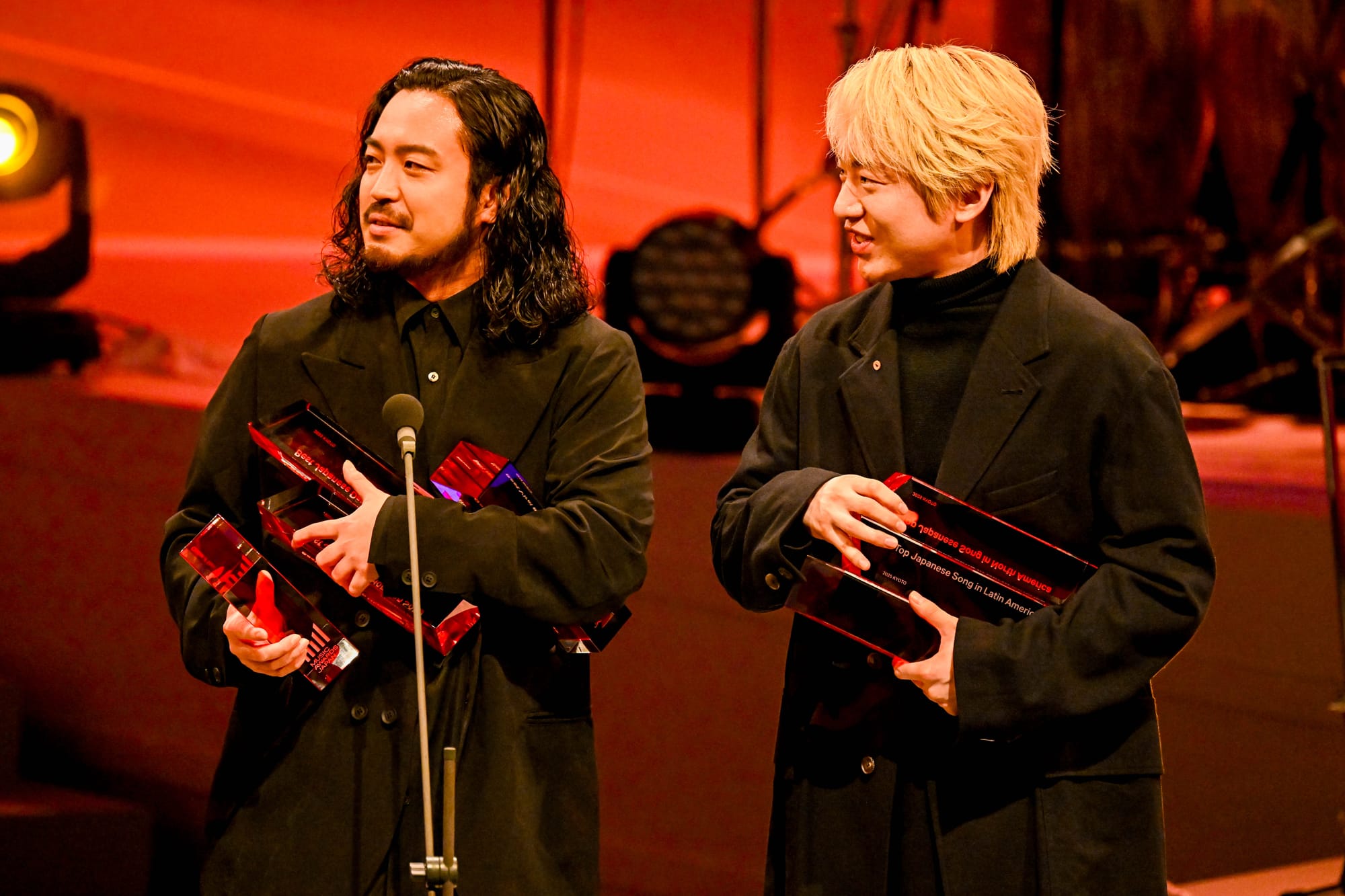
Categories were also quite a bit of a stretch sometimes as well. While many of the categories make a lot of sense to be included in the show, the number of sponsored and special awards included just made it feel like there were way too many, especially when every one was formally presented during the show itself. Categories like Largest Live Audience or Best Japanese Song Artist also just came off like unnecessary filler. The former is a strictly numbers based award and will likely always go to an idol group, and the latter should be made redundant by the Artist of the Year category. Those aren’t really as problematic as the things I previously brought up, but when you consider that there was only one award given for something behind the scenes (Grand Prix Engineer), it’s kind of a shame that there are so many awards that feel like padding and nothing that celebrates the session musicians or songwriters behind popular works.
Despite these issues, at the end of the day it is the first year for Music Awards Japan and when you look at the sum of all its parts you can tell that CEIPA had good intentions. It also isn’t too late for them to revise things for next year and maybe adopt some of the policies seen in other long-standing awards shows like the Grammys for how they choose nominees and vote winners in the next edition. Personally I would like to at least see them keep things strictly to new songs released in the last calendar year (outside of the Best Revival category), and tighten up their genre nominations to best reflect primary genres for both artists and songs. Doing so will allow more talent a chance to win, and will do more to introduce people to songs they may have missed in the last year.
The most important thing above all is that the show itself continues and aims to improve with each iteration. As long as they do at least that much I think Music Awards Japan has a real justifiable purpose, and hopefully it will draw more people around the world in to see who’s taking home a Ruby year after year.
